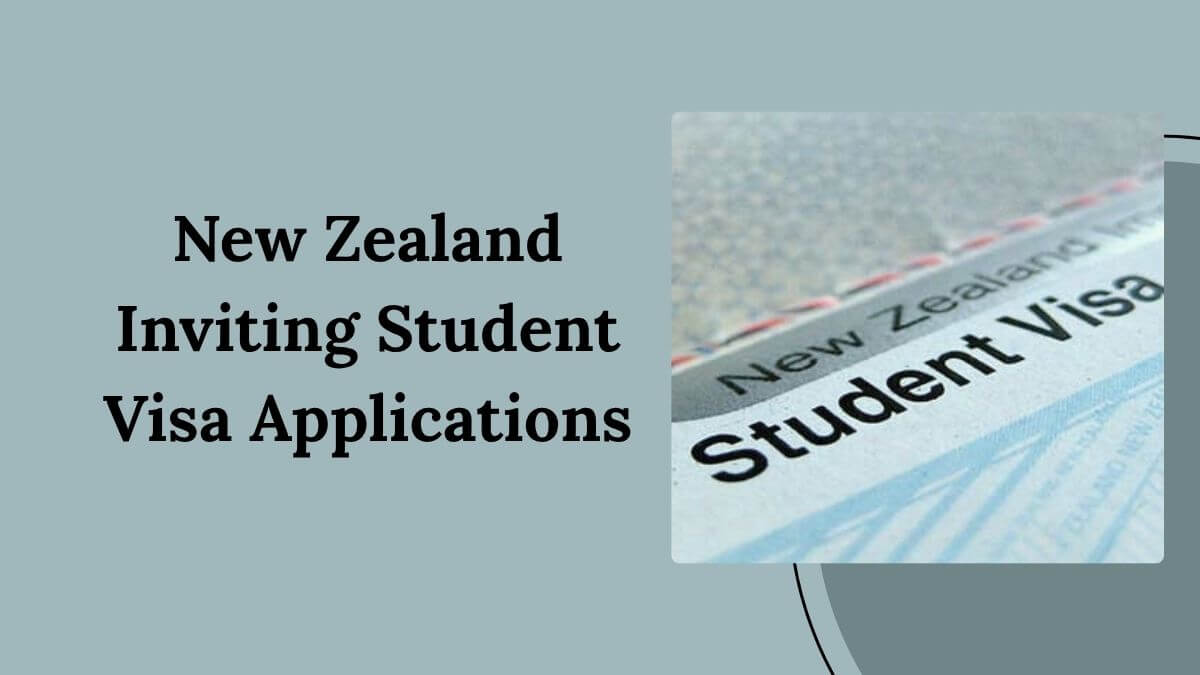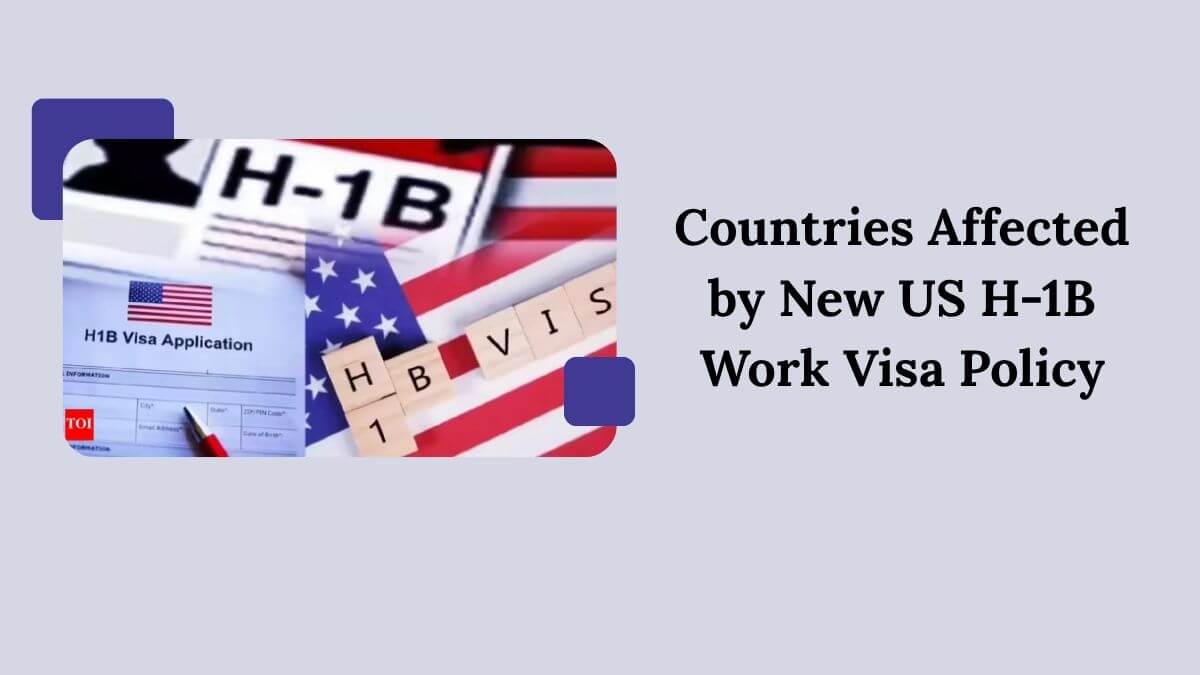New Zealand Inviting Student Visa Applications 2025

Immigration New Zealand (INZ) has made an important announcement for all foreign students who want to come to New Zealand to study after the middle of 2025. Visa wait times are already getting longer because the country is now in the middle of its busy season for processing student visas, which lasts from May to August every year.
To make sure you can study in New Zealand, you need to send in your application at least three months before you plan to journey if you want to start the semester in July or September. If you don’t do that, you might miss your chance. All new and current foreign students are affected by this alert, but it is mostly for those starting undergraduate, graduate, or English language programs in 2025.
Who Will Be Impacted?
What this news means for your chances of getting a visa if you are any of the following groups:
- You plan to start or continue your schooling in New Zealand between the middle and end of 2025.
- You still haven’t sent in your application for a student visa.
- Your final papers for admission or financial approvals are still being processed.
- You are looking forward to getting your visa quickly so that you can book your flights, housing, or insurance.
The risk: If you wait too long to apply, you might not get the visa you want, miss the date for admission, and have to pay more for your trip.
Check Also: Immigration New Zealand Launches Secure Visa Application
How to Counter the Visa Processing Delays:
To avoid the 2025 visa backlog, do the following:
- INZ recommends that people who want to travel send in their applications at least three months before they plan to journey.
- It is very important to send in a full application from the start because INZ will not ask for missing papers during busy times.
- If the last papers, like an Offer of Place, are still not ready, ask your university for a conditional offer so that the process can begin.
Student Visa Types & Required Documents for 2025:
International students in New Zealand can get the following types of student visas:
| Visa Type | Who It’s For | Validity |
|---|---|---|
| Fee-Paying Student Visa | Most international students enrolled in NZ institutions | Duration of your course |
| Pathway Student Visa | Students enrolling in up to 3 courses in a row | Up to 5 years |
| Exchange Student Visa | Students on approved exchange programs | Duration of the exchange |
| Foreign Government Supported Student Visa | Students funded by their government | Duration of study |
Benefits of New Zealand Student Visa:
- Access to a World-Class Education: Study at schools that are known around the world for their high academic standards and research possibilities.
- Work While You Study: You can work up to 20 hours a week during the school year and full-time during vacations.
- Pathway to Post-Study Work Visa: Once you graduate, you can apply for a Post-Study Work Visa, which lets you work in New Zealand and gain experience.
- Chance to Bring Family: You can bring your partner and children as long as you meet certain requirements. Your partner may be able to get an open work visa, and your children may be able to go to school as domestic pupils.
- Multicultural Setting: Explore a culture that is open and accepting with students from around the world.
- Safe and Peaceful Country: New Zealand is known for having a low crime rate, stable government, and friendly people.
- High Quality of Life: Enjoy clear air, beautiful scenery, great healthcare, and a well-balanced way of life.
- Flexible ways to study: You can pick from many programs and schools, such as colleges, polytechnics, and private training centers.
- MSc and PhD students can own their work: Can work full-time while going to school, which gives them more job and financial freedom.
- Easy Path to Residency: If you meet certain requirements, you may be able to get Skilled Migrant Residency, which will help you settle down for good.
List of Documents You’ll Need for Study Visa Application:
- One that is still true
- Offer of admission from a school in New Zealand
- Proof that you paid the school or a letter of awards
- Proof that they have enough money (at least NZD $20,000 a year for living costs).
- Insurance for health and travel
- Health certificates (if needed)
- Sometimes, a police security certificate is needed.
How to Apply:
- Sign up for an account on the www.immigration.govt.nz INZ site.
- Use the information sheet about the visa (linked above) to gather your paperwork.
- Fill out the online form to apply for a student visa.
- The visa fee is about NZD $375, and you need to upload all of your supporting papers.
- Send in your application and check on its progress online through the website.
- Keep an eye on your email for any new information or directions from INZ.
- Once your visa is approved, use the time to plan your journey and housing.
Frequently Asked Questions:
Is New Zealand accepting a student visa now?
Before you can start school in New Zealand, you need to apply for and get accepted for a student visa through Immigration New Zealand.
What is the success rate of student visa in NZ?
Outward student visa applications did, however, get approved 75% of the time in 2024, down from 80% the previous year. There were 10,400 applications for student visas in China in 2024, and 95% of them were approved.
What is proof of funds for NZ student visa?
Their bank statements from the last six months, a letter approving an education loan, a fixed-term saving that is at least six months old, or a General Provident Fund (GPF) or Employer Provident Fund (EPF) statement from a bank that is approved by the RBI.



